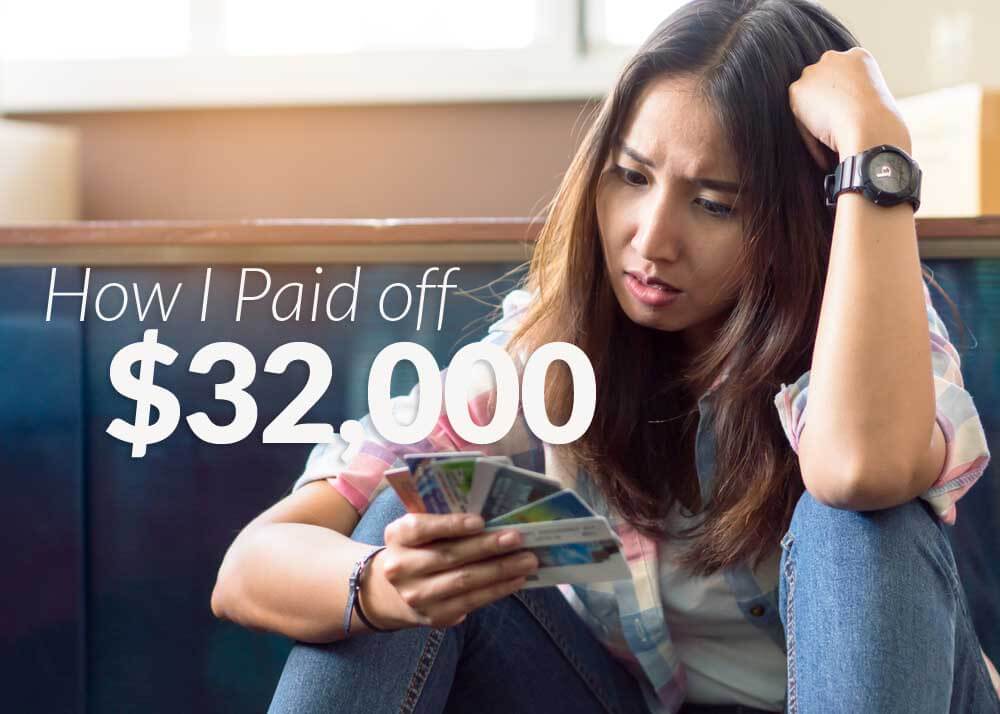Leave Your Credit Cards at Home: How I Paid Off $32,000
The first week in December Diane Johnson was telling the story about how she got out from under nearly $32,000 in credit card debt and you could tell by the tone of her voice that old habits die hard.
“I’m going to make the last payment on my account tomorrow,” Johnson said, “but it’s the holiday season and omigosh, you just want to get your credit card, get out there, get all the shopping done and figure it out later.”
She paused to take a deep breath and added: “But one thing I have learned is to hold off on shopping, be more aware of what I’m spending money on … and when I head out the door, leave my credit cards at home!”
Needless to say, it hasn’t been an easy learning experience.
Johnson got her first card when she was 20, went through the usual learning curve with it while getting through post-college days and had things responsibly under control by the time she turned 30. But a few years later, when she got a divorce and changed careers, “things suddenly got a little tight,” she said.
“I was a single Mom and when you’re out shopping and see something you like, you tend to put it on a charge card because you think you really need it. Turns out, I didn’t really need that stuff.”
Before she knew it, the bills were flying in faster than she could pay them so she tried playing a game of credit card roulette, trying to juggle several cards at once with a predictable ending.
“I’d get an offer in the mail for a zero percent interest card and I’d transfer the balance on the rest of my cards over to that one,” she said. “When the introductory period ended, I’d go through the mail and find an offer for another zero-percent interest or low-interest card and transfer the balance again.”
In the meantime, transfer fees – and balances – were growing, but that didn’t stop the card companies from offering her even more credit. She said she couldn’t remember how many cards she had going at one time, but she does remember the spending limit on one was $26,000 and $20,000 on another.
“The credit limit they were giving me was just unbelievable,” Johnson said. “I owed $20,000 on one of the cards and the interest payment alone was $600 a month. I was doing as much as I could to pay things off, but I never could make headway on the balance. All I could afford was interest payments.”
When Johnson realized she wasn’t moving needle on what she owed, she tried something else. She called the credit card companies and pleaded with them to lower interest rates on her cards.
“I knew you could negotiate with the card companies and I did get some really good rates,” she said. “But I was stretched out in so many directions, it really didn’t matter. It was taking everything I had just to make the minimum payment on the cards I was using.”
Some friends tried to talk her into filing for bankruptcy, but Johnson rejected that suggestion. “I was raised to be responsible for what I do and that meant paying off all my debts,” she said.
One friend suggested the debt management program at InCharge. He had success with it and thought she’d benefit from the disciplined approach of consolidating debt into one monthly payment.
When Johnson called the credit counselors at InCharge, she liked everything she heard, except one of the key provisions of the program: Give up all but one of your credit cards and only use that one for emergencies.
“They want you to pay cash for everything and nobody likes doing that,” she said. “But realistically, if you’re going to make any headway on eliminating debt, you have stop using credit cards. When you pay with cash, you think a lot harder about what you’re buying before handing your money over.”
Now Johnson is in love with the program … and the guy who suggested it. She married him and they have spent the last four and a half years chipping away at the debt, finally paying it off on Dec. 5, 2017.
So, was there a celebration?
“Yeah, we were thinking about throwing a big party and charging it on the credit card,” Johnson said, laughing at the thought. “But we’ve both learned our lesson about credit cards. The future is much brighter now that we’ve paid off all our debt.”
“I think we’ll just give ourselves a pat on the back and try not get into this situation again.”

